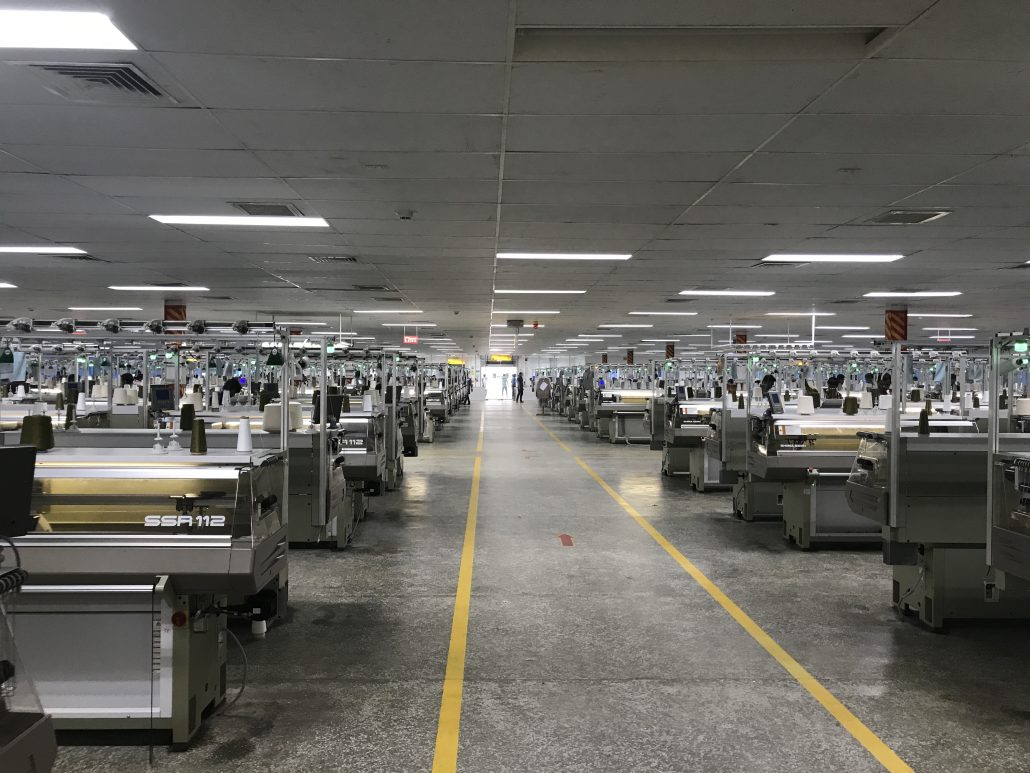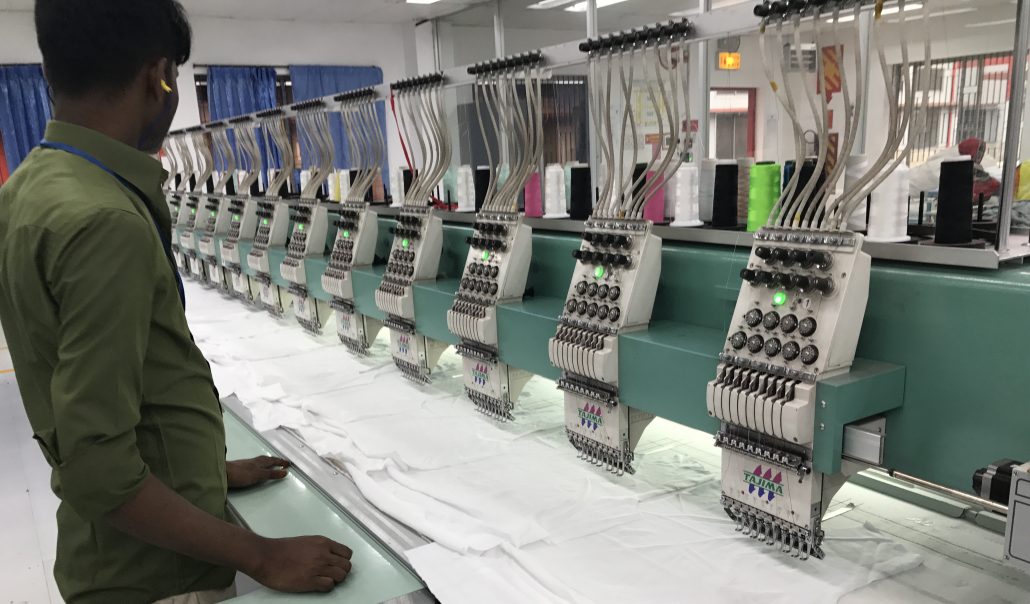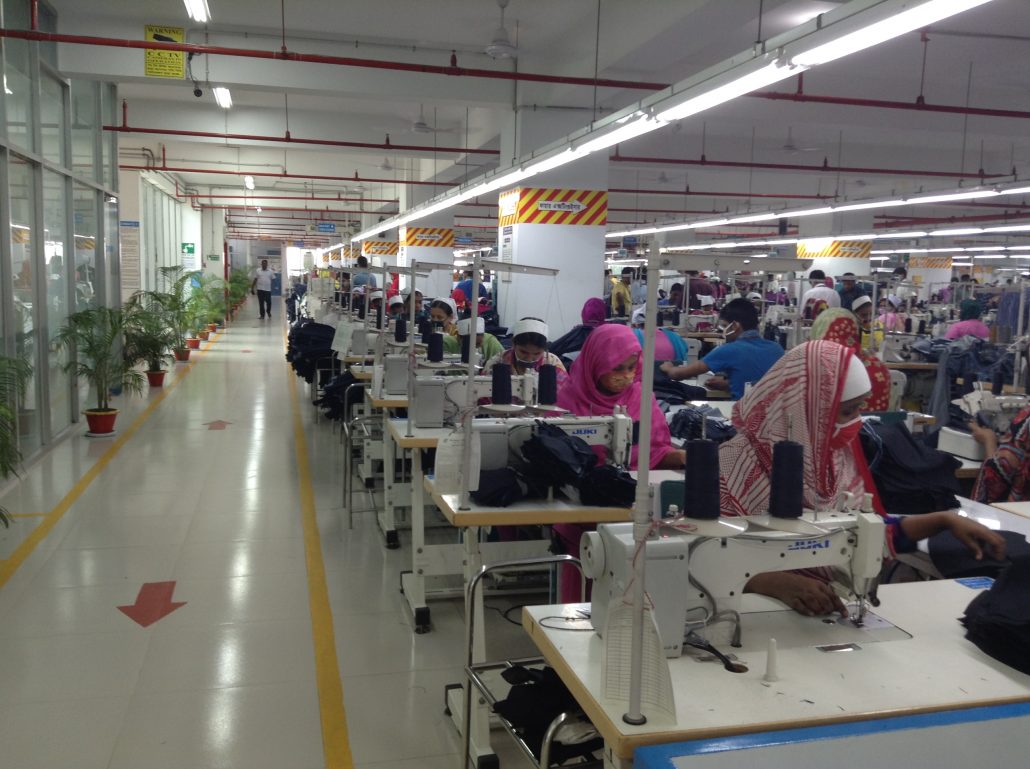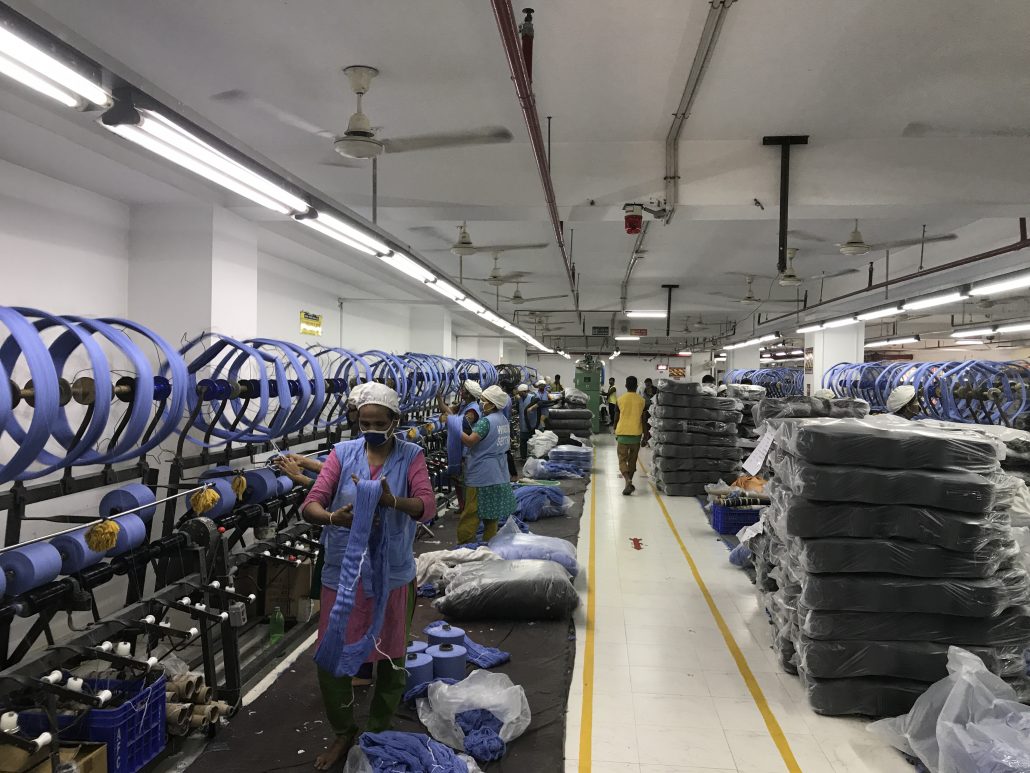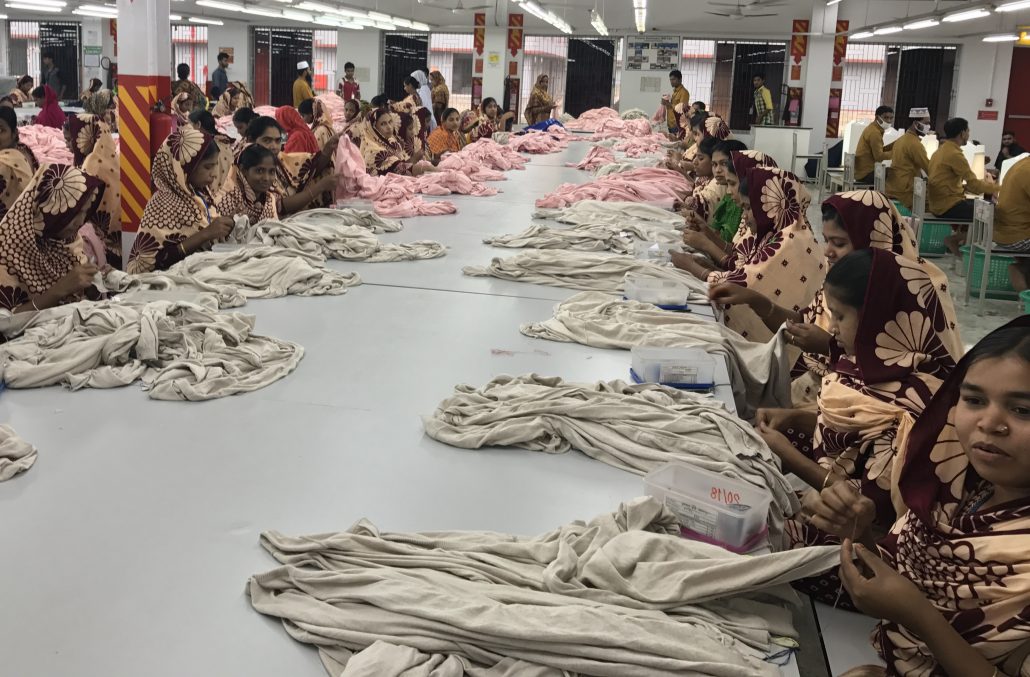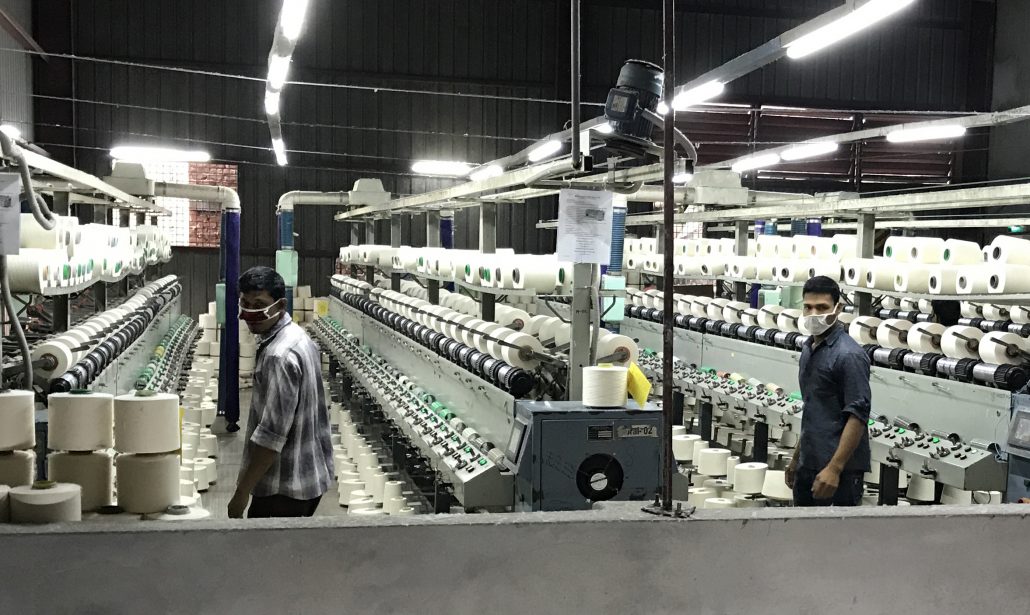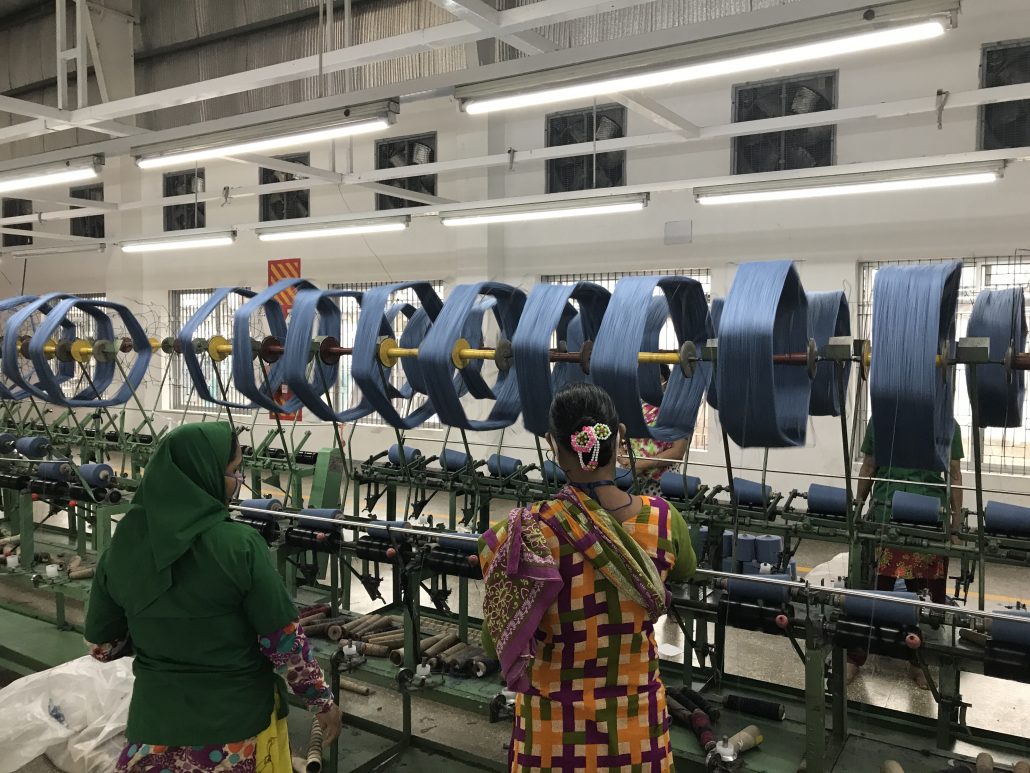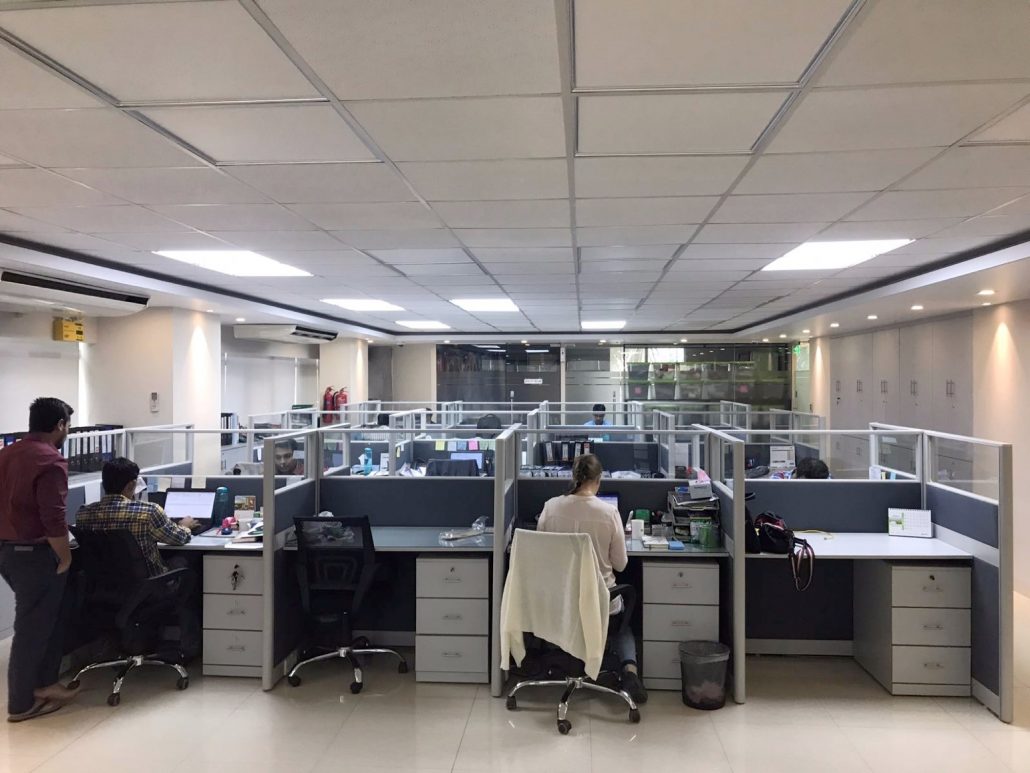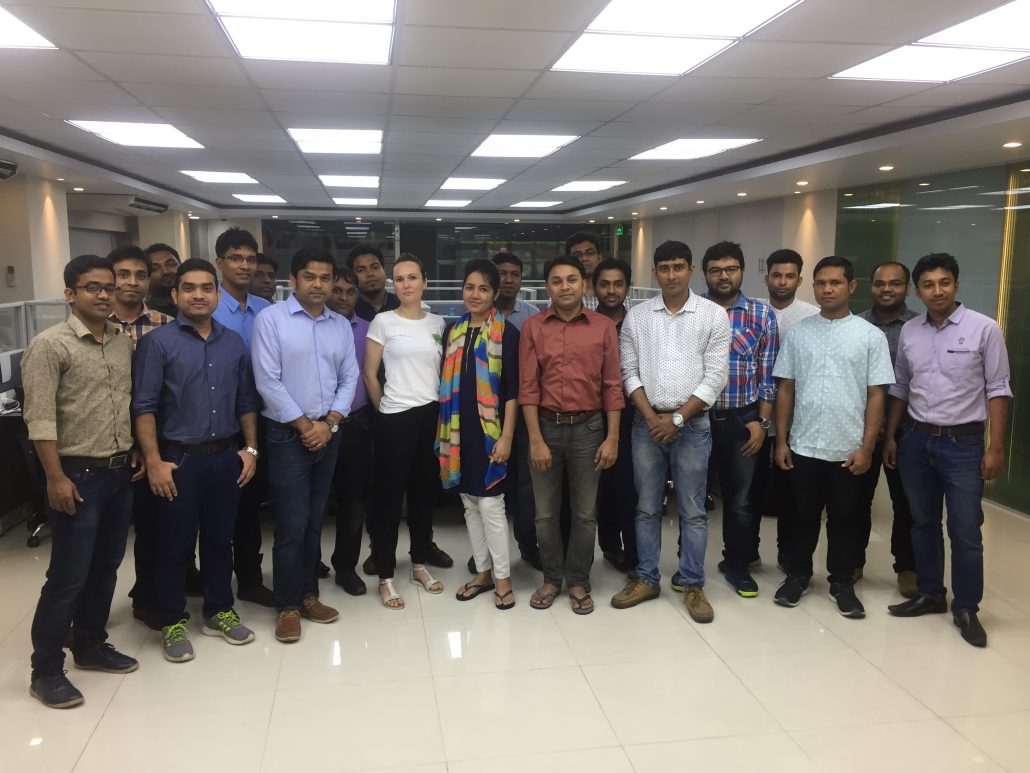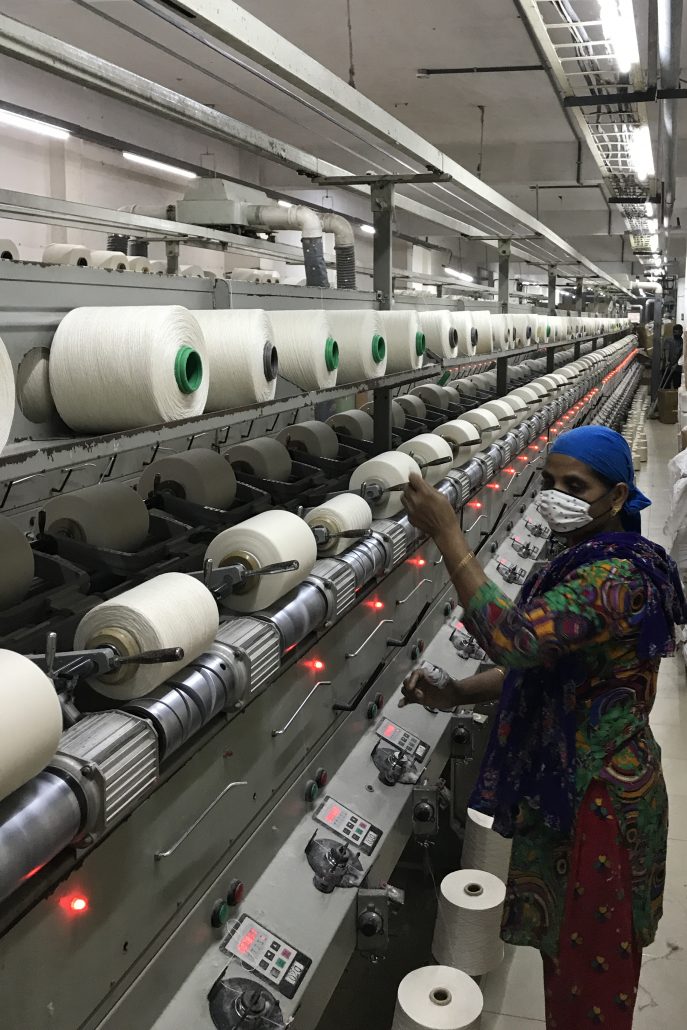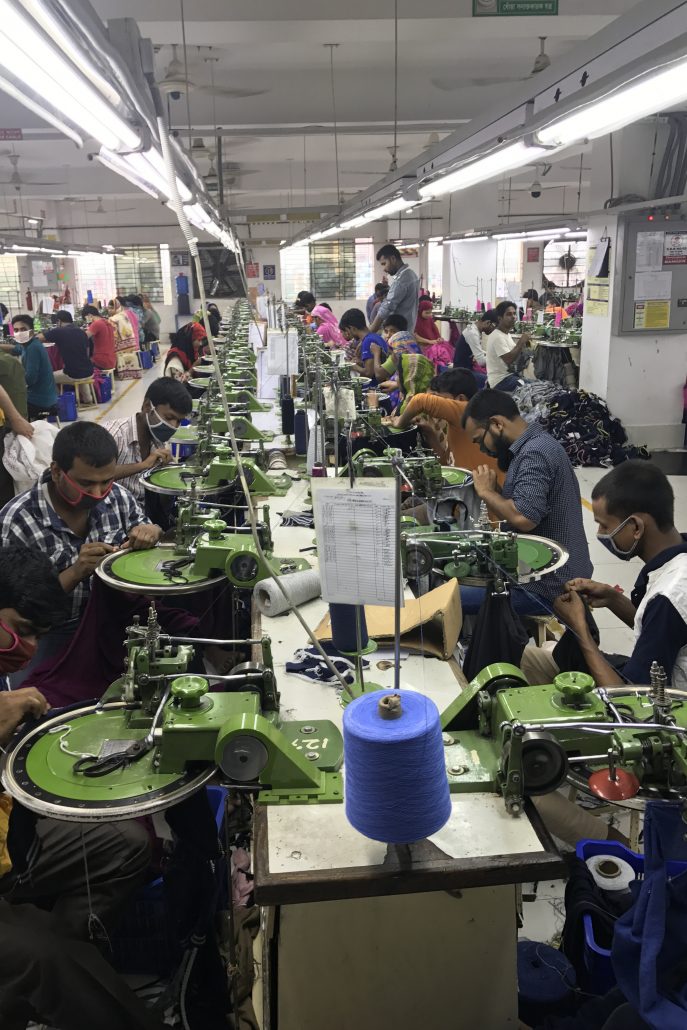LPP invests millions in controlling factories in Asia

LPP invests millions in controlling factories in Asia
− an open letter to the media by Marek Piechocki, President of LPP SA
Dear Sir or Madam,
The Bangladesh construction disaster which took place 4 years ago has overhauled our thinking and has contributed to changing our approach to responsibility for the conditions of manufacture of clothing for our brands: Reserved, Cropp, House, Mohito and Sinsay. Since then, LPP has made a tremendous effort to improve the safety of its factories in Asia, despite a reduction in profits in the last two years. The value of the outlays for this purpose is PLN 16 mln.
We are proud of what we have achieved both in terms of improving the working conditions in the factories where we manufacture our products and in the very approach taken by our company to the supply chain. LPP is the only company in Central and Eastern Europe that has been involved in this change process so much and I believe that other fashion companies will follow our example.
Here is a brief summary of our decisions and actions.
- As an active member of ACCORD (The Bangladesh Accord on Fire and Building Safety) since 2013, we have been systematically working on the implementation of safety standards and working conditions in the Bangladesh apparel industry to make a significant difference.
- 80 factories producing garments for our brands are strictly controlled by ACCORD:
- electrical installations replaced or upgraded in 90% of plants;
- additional fire protection installed in 75% of the companies;
- as recommended, the structure of buildings reinforced in 60% of plants, and in many cases production was moved to new facilities.
- In LPP, we have 21 full-time employees in the units designated specifically to control the supply chain (the Bangladesh office and the Audit Department at the headquarters in Gdansk).
- Since 2014, all our suppliers have been covered by the Code of Conduct. The document specifies requirements for suppliers, including remuneration policy, child employment ban, voluntary work, freedom of association, health and safety rules.
- In order to increase the supervision of the LPP manufacturing plants in Bangladesh, in addition to our own inspectors, we have decided to commission an international auditor, SGS, to verify that our suppliers in Bangladesh comply with our Code of Conduct.
We did not rest on our laurels. We increase the scope of our inspections, at the same time conducting activities that further systematize the so-called corporate social responsibility and increase transparency. We have established the Department of Communication and Sustainable Development in LPP which is currently finalizing work on the overall CSR strategy to be adopted by the Board this summer. We are also working on the development of the first non-financial report, with the control of factory conditions as a key issue. This report will be published in the first quarter of 2018.
LPP dynamically develops and learns, and an inseparable part of this development is our sense of responsibility for all who are part of our business. We know that this approach is appreciated by our partners, shareholders, and above all by our customers, whose appreciation and trust in our brands are the essence for the existence of LPP.
Today’s LPP has a completely different perspective and approach to the issue of responsibility in the supply chain than it was before 2013.
Yours faithfully,
Marek Piechocki


